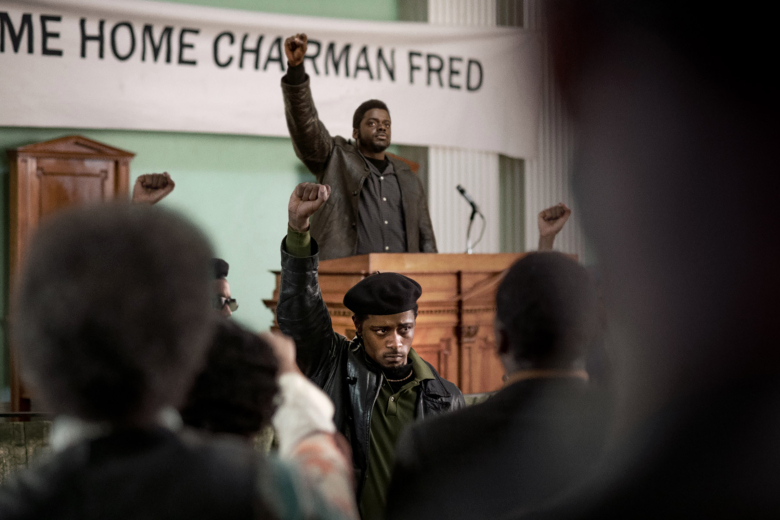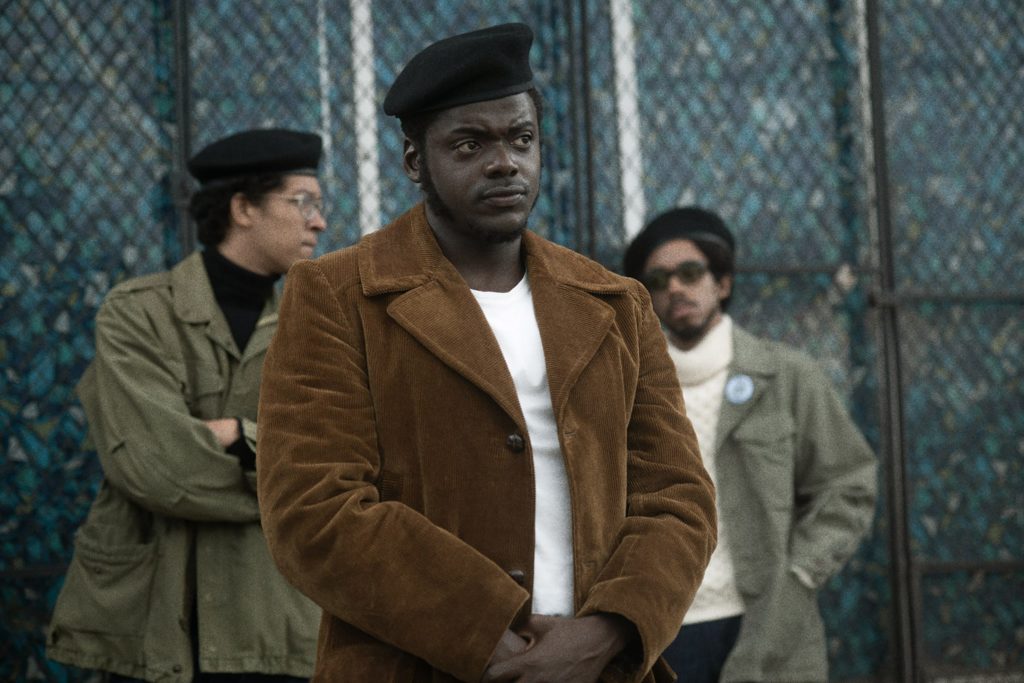The Facts
Judas and the Black Messiah has been released in the UK to lukewarm reception from both critics and fans alike.
The American biographical drama explores the betrayal of Fred Hampton, the chairman of the Chicago Illinois chapter of the Black Panther Party.
Despite mixed reviews, English actor Daniel Kaluuya’s portrayal of the 21-year-old activist could see him nominated for an award at the Golden Globes.

Some have argued that the movie failed to go in depth about Fred Hampton’s Marxist, anti-capitalist ideals.
So this begs the question, when making films about historic political figures, is it time Hollywood focused more on their politics and its impact rather than the person?

Hollywood movies and entertainers have affected national politics, influenced the societal construct of American identity, and impacted social change. Local, state, federal, and international politics have been shaped by the industry.
Hollywood has been a powerful tool to express problems and political turmoil happening global wide. The stories told on the big screen have reached billions of people: citizens and politicians alike.
In addition to the entertainment movies provide, Hollywood can persuade and educate the masses on a particular event. This power begins in the very beginning, long before the film reaches theatres.
Directors, writers, and producers share this power with how they tell the movie. It is in that responsibility that picking the right cast members is essential.
It is not too much to ask to look at both the person and the politics for films of historical political figures. Both are needed to drive the film’s grit and heart.
Suppose the right person or politics do not adequately align with the political story. In that case, it will be difficult for the movie to convey the point behind the story.
People are not likely to blacklist Hollywood actors, actresses, directors, producers, etc., based on politics alone. The public or Hollywood should not have to choose between politics or the person when it comes to the story’s substance.
To convey a compelling political story, both of these need to be the same. If a Liberal actor plays a conservative dictator role, it might not read well on screen. We live in an era that one cannot hide from politics. Politics are a part of an individual. Political perspectives and the person need to be respected.
Even though we might disagree with their point of view, those two crucial things must align for an excellent political story to reach the masses.

It is very hard to separate politics from people. What comes to mind when you think of prominent historical figures such as Martin Luther King, Nelson Mandela or even Margaret Thatcher? Mostly, you will remember what they campaigned or stood for, and what they believed in.
This is the essence of a person’s politics, although this has arguably become more skewed and complicated over the years. Politics – decision making, reasoning and governance – all stem from individual ideas and people before the collective.
Therefore, a person’s political beliefs, whatever they are, cannot be ignored when history is retold by figureheads such as Hollywood.
There is, of course, the element of entertainment, and you cannot capture everything that a historical person believed in just over two hours. However, Hollywood should not gloss over politics in order to maintain an entertainment factor or reshape a narrative.

However, it can also be argued that whilst a person’s politics are important – they are not their complete identity or even their identity in some cases. People’s memories should not just be bound to what they believed in politically – their complete history should be told.
Political figures are people, and their complete stories are worthy of being told. The Hollywood industry’s focus is on art – telling stories creatively through films and TV mediums – it is not simply a history archive. The entertainment factor is an important one and Hollywood films provide audiences an opportunity to get to know historical figures and learn key insights.
Any film that aims to depict historical political figures should do so as thoroughly as they can – they are labelled as political figures for a reason and they are there to be explored, critiqued, and studied. However, politics vs people is not an ‘either or’ choice – both can be depicted skilfully.


